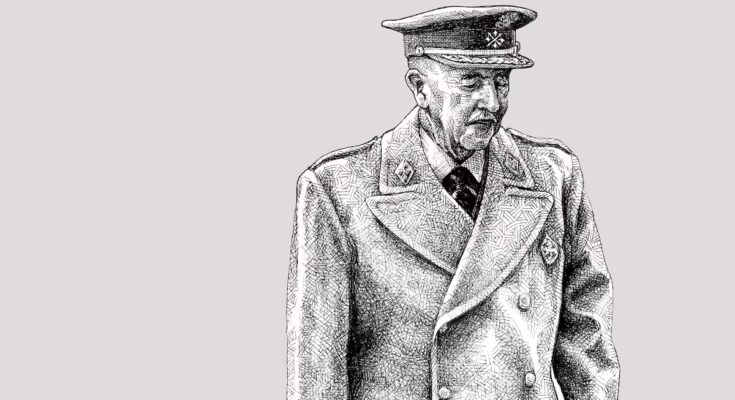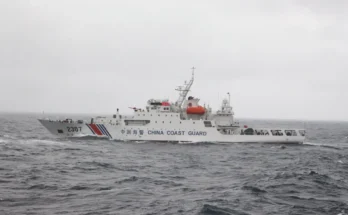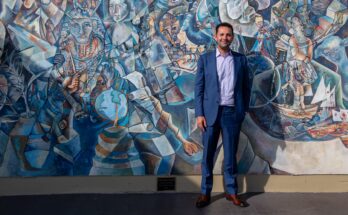The past comes to life when it is remembered. And you need to do it carefully when dealing with dictator Francisco Franco. Despite the magnetism exerted by the anniversaries, his ideology did not survive in its entirety, hidden in the inner rooms of our democracy, but it did not disappear abruptly with his death on November 20, 1975. Apart from the military and ecclesiastical universe, where formaldehyde did a good job, it remained mixed in certain Spanish economic and business elites. An oligarchy that has shown a high ability to adapt to new environments and that has always exercised its influence in the most conservative sector until it crystallized in the current far right.
But a country, even if it is built on the past and weighs heavily, cannot separate itself from its future. And our future, once Franco was buried and the Constitution of ’78 was approved, was the European Union, political alternation, autonomous development, gay marriage, the end of ETA, digitalisation, the independence fracture, the pandemic… All this shaped a very different Spain from the one left by Franco and where for decades, and at a certain price, as those who took revenge for Franco’s barbarism discovered, the future matters more than the past.
EL PAÍS was witness and part of this journey, which gave birth to the best years of our history. Born six months after the death of the dictator, he always defended the advance of democracy, even on the night of the coup d’état of February 23, 1981. With that conviction (and that tranquility), we look back at this special service, which will last until 20-N, and tries to address what happened with rigor and diversity. An exciting task when what is being treated is a pulsating and fleeting issue like history, that line that is drawn with the steps we have taken and which will never return.



